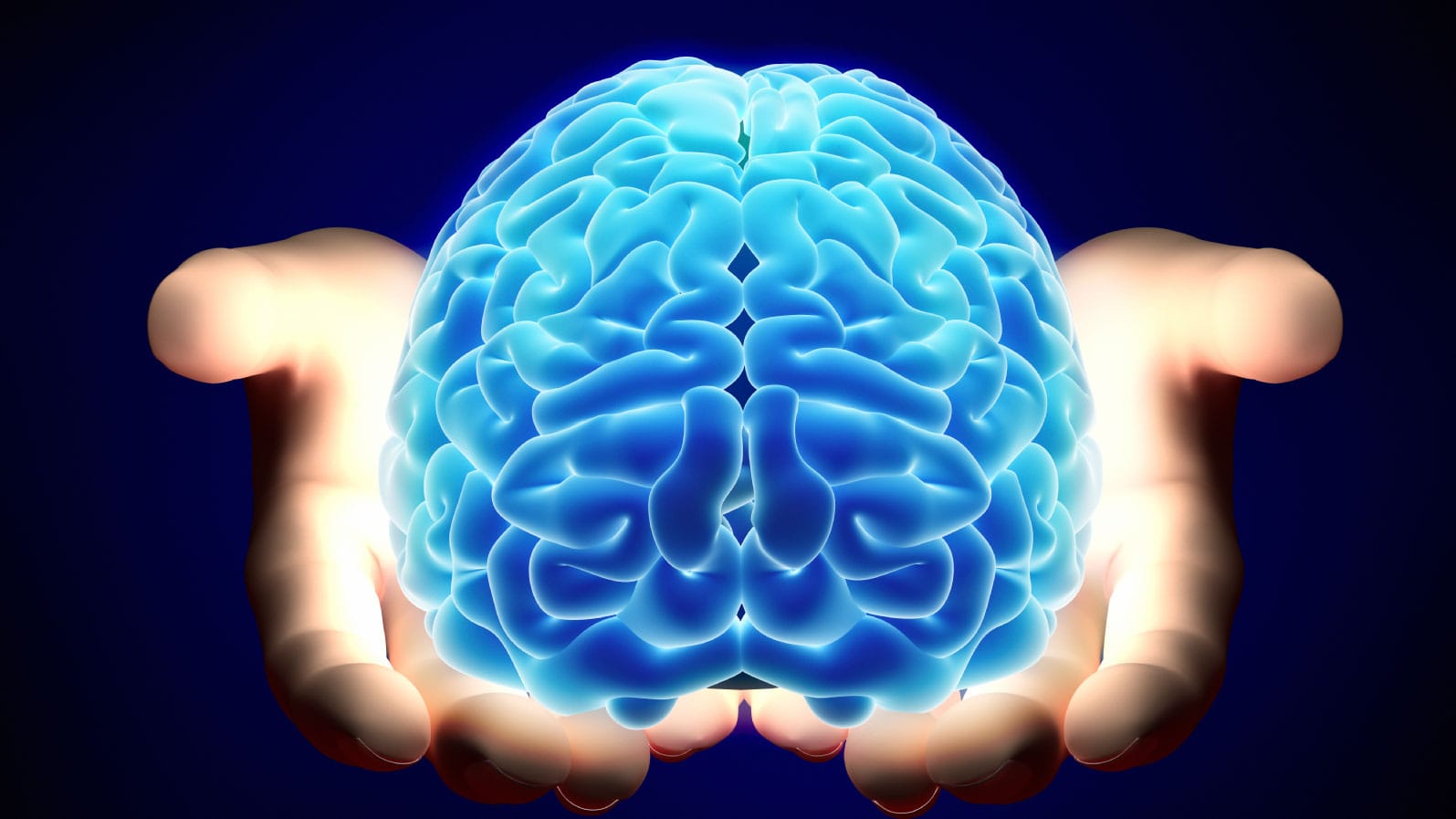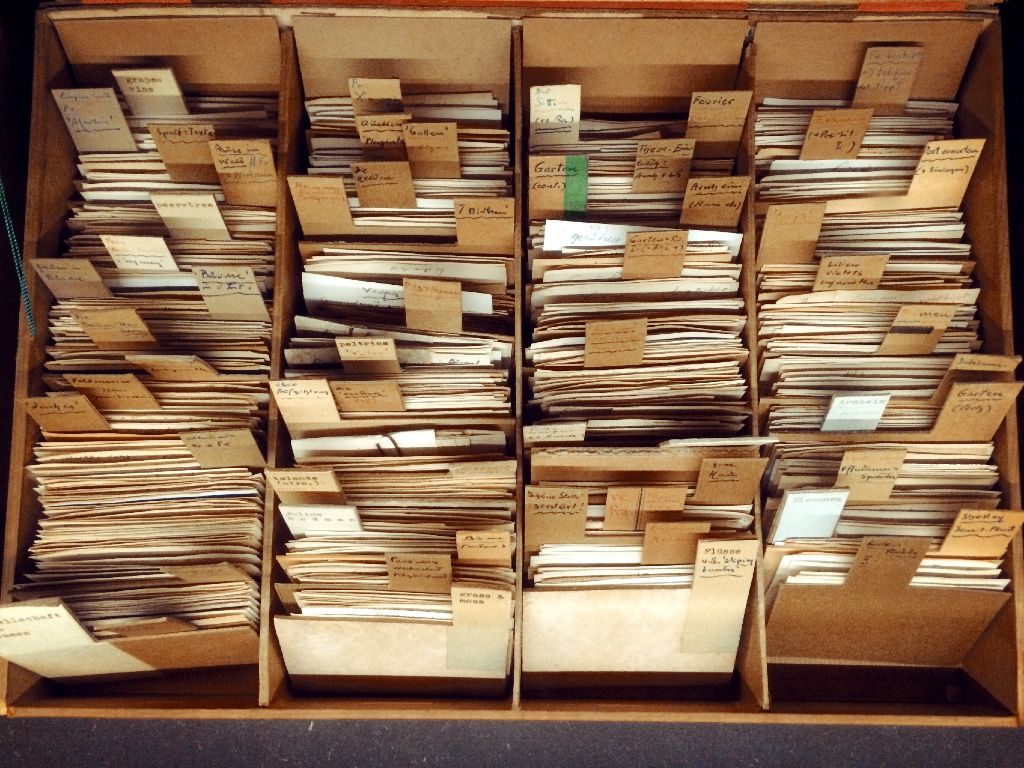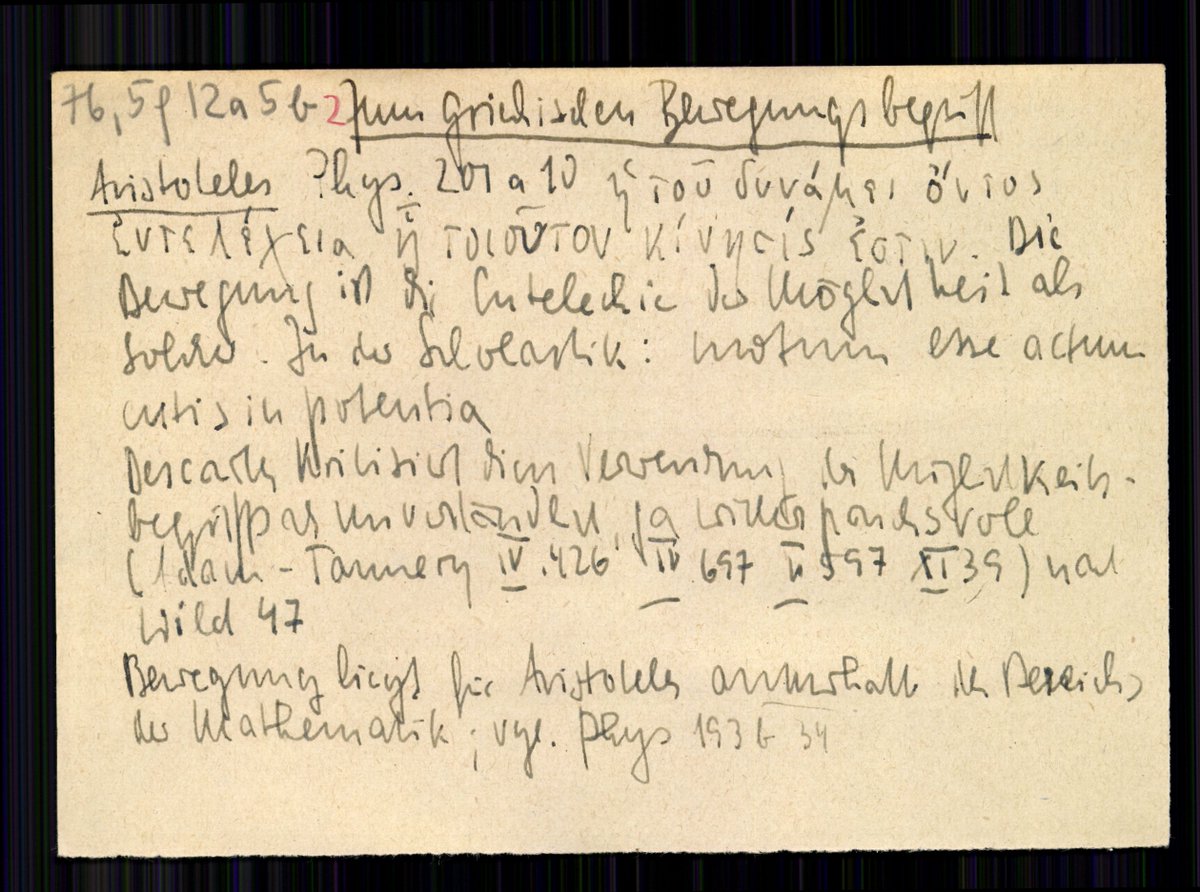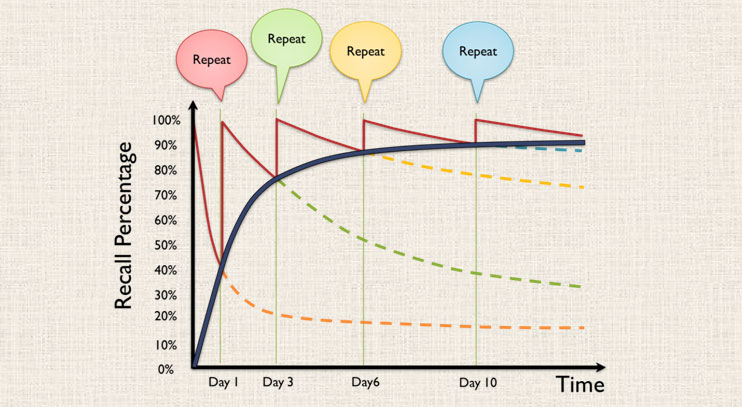Searching for a Second Brain

I love learning new things. I spend my days reading books, articles and doing online courses. But how much of that information do I actually remember?
The sad truth: not much.
Partly I learn just for fun. I get this excitable thrill when I first understand something even if 10 minutes later I’ve forgotten all about it.
But really the main hope of my learning is that it will build a greater understanding of the world. And through that knowledge increase my ability to have a positive impact upon it.
If I forget pretty much everything I learn then am I really just wasting my time?
For a while, I’ve been contemplating how I can create a system of notes to store the information that I learn and most importantly actually retain it so I can use it in my life. I call this system a second brain!
More and more our generation are told that we have to commit to “life long learning” if we’re to keep up with the constantly changing world that we face.
But if we do that learning in the same way as we were taught in high school - i.e. cramming lots of “facts” in the weeks before an exam only to forget it all a few weeks later - then this whole “life long learning” craze is pretty pointless.
In this post I want to layout what a second brain needs to look like to actually solve these problems.
Later once I’ve actually figured out the mechanics of how I’m going to set this up I will write a more practical post on how to actually build your second brain.
But isn’t Google already a second brain?
Before I lay out what I think a “second brain” should look like. I need to dispel some pretty obvious questions that I imagine many of you might be having.
“Can’t you just use google to find out any information you need?”
“Isn’t google and the internet already equivalent to a second brain for humanity?”
Well…. sort of.
Yes you can google to find information and that’s fantastically useful in a lot of cases.
But for a category of activities that’s often called “Knowledge Work” this isn’t good enough.
Knowledge work is done by writers, academics, creatives and ideas people.
The core task of knowledge work is finding connections between unconnected ideas.
For example, most academic papers, at least in the humanities and social sciences, can be simplified as taking an idea or model that was used elsewhere and applying it in a new area.
To make this connection between ideas you have to have them in your brain.
You can’t google to connect something because you won’t know what to google for.
It seems likely, with the growth of automation, that this knowledge work will become more and more important as the 21st century progresses. So finding solutions to the problems I have identified are crucial.
Previous Attempts: The Zettelkasten
After doing some research I realised that lots of writers and academics have already faced this problem before and found their own unique solutions.

German sociologist Niklas Luhmann used a method of index cards to record his ideas and knowledge. He called this a Zettelkasten (German for “slip box”) and used it to build a systems theory approach to social structures.
Each “Zettel” or index card contained one idea and the cards were grouped according to theme.

I discovered this method through non-fiction writer Ryan Holiday who used it to come up with ideas for his non-fiction books on Stoicism.
Ronald Reagan (not that I’m a big fan) also developed a similar system that he kept going until he died! His notes were mostly filled with quotes that helped him write the countless speeches and talks that he had to give as president.
Specification for My Second Brain
So lots of people have tried to solve this problems before. There’s even lots of software built for the purpose. For example Evernote claims to help you “remember everything”.
But none of these solutions completely fit what I’m looking for. Because I don’t think they fundamentally solve the problem of how to retain useful information to allow you to make creative connections.
To actually solve this problem requires a system with the following characteristics:
- Both Digital and Physical.
- Encorporates “Chunking”.
- Use Spaced Repetition.
- Clearly Structured.
Now I will explain each one in more detail.
Both Digital AND Physical
People who’ve tried to solve these problems already seem to either choose to use physical cards and boxes or they have a digital software system.
There are big advantages of both physical and digital systems that I don’t want to miss out on.
A physical system works really well when you can just thumb your way through a few hundred notes to find the information you’re looking for. You can also spread the cards out on a table and put them together in order to find connections. You can take the cards with you on the train. And I have a hunch that actually using physical objects rather than a screen would help you learn and create more.
But imagine if you had thousands of notes like the Sociologist Luhmann. It might take you hours to find what you’re looking for. Digital search, on the other hand, is pretty much instant.
The other advantage of a digital system is that you can write programs to analyse the cards you’ve created. And you can make changes to all the cards at once. That could save tonnes and tonnes of time!
So somehow I want my system to encorporate the best of both digital and physical.
Encorporates “Chunking”
Cognitive Psychologists have shown that the best way for the brain to process information is in “chunks”.
A chunk is a group of information that is easier for the brain to recall.
For example try remembering a number like 12101946.
And then again try to remember it as 12/10/1946.
The second should be a lot easier.
Lots of the Zettelkasten systems I’ve looked into seem to have tonnes and tonnes of information on each “Zettel” or card.
This makes it super difficult for the brain to process the information.
I think a vital principle for a successful system is: One idea, One Card.
And actually I would go even further than that. If I can’t describe it in 3 sentences then it’s probably too complicated.
Another cool idea would be to use mnemonics to make these chunks even easier to learn and recall.
Uses Spaced Repetition
Another learning technique that can be applied to my “second brain” is spaced repetition.
In this method you steadily increase the intervals of time between reviewing the information that you want to learn.

This is based on an idea in psychology called the spacing effect. This states that you will learn more if your studying is spread out over time as opposed to studying the same amount of content in a single session.
When you first learn something it enters your short term memory. But if you don’t go back to it, it will quickly be forgotten.
If you relearn that same bit of information a bit later then it will stick around for a bit longer.
This process continues with the time between learning and forgetting getting further and further apart.
People have developed software such as Anki to solve this problem. They show you flash cards at the correct intervals so that you learn as quickly and efficiently as possible. These techniques have also been taken on by learning software like Duolingo and Memrise.
My ideal Zettelkasten system would encorporate this spaced repetition method so that I will actually retain the information that i store.
Clear Structure
I think the most important feature of a successful system is going to be having a clear structure in place.
I have to decide:
- What will a “Zettle” or note look like?
- How will I group notes? By tags? or categories?
- Will I have links between notes?
- Will there be some hierarchy or graph structure to the notes?
- Will I have different types of notes for different types of information? For example a definition vs an argument?
I haven’t found the answer to these questions yet. But it seems like without making a clear, fixed structure it will be impossible to keep the information organised and easy to use.
Because of how vital having very structured notes are, I think there is definitely a cost to up-keeping and retaining this knowledge.
This leads me to two final questions:
“What knowledge is worth this cost?”.
but also
“How can I judge in advance which particular bits of information are likely to be useful in the future?”
Conclusion
I’m hoping that in the next few weeks I can get my “second brain” system setup and working!
I think this would give me a huge advantage for the rest of my life. It can be applied to pretty much any endeavor I take on. And it will hopefully allow me to see connections that other people are missing.
I have this vision that in some utopian future when children first enter school they will be ceremoniously given their own Zettelkasten where they can record their intellectual lives and practical pursuits!
Maybe one day!
